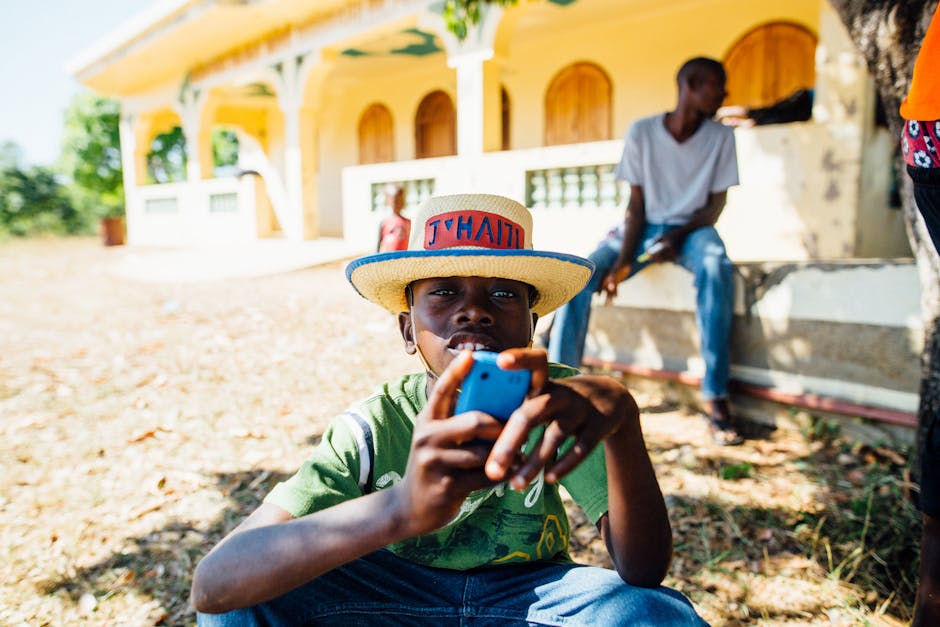[Disclaimer] This article is reconstructed based on information from external sources. Please verify the original source before referring to this content.
Neeews Summary
The following content was published online. A translated summary is presented below. See the source for details.
The recent rise in cholera cases reported by Médecins Sans Frontières (MSF) in Haiti is a concerning development that underscores the country’s ongoing public health challenges. According to MSF, 150 Haitians were treated for cholera between February 15 and March 6, with the Cite Soleil neighborhood reporting 19 infections.
MSF has expressed concern about this trend, as Haitians have less access to clean water at a time when gang violence victims are living on the streets in unsanitary conditions. The lack of access to clean water and the unsanitary living conditions of those displaced by gang violence are contributing factors to the increase in cholera cases.
The report underscores the ongoing public health challenges in Haiti, where the cholera outbreak continues to be a concern, especially for vulnerable populations. MSF’s report highlights the need for improved access to clean water and sanitation, as well as the importance of addressing the humanitarian crisis caused by the gang violence in the country.
Source: VOA Americas
Our Commentary
Background and Context
Haiti has a long history of cholera outbreaks, with the most recent epidemic beginning in 2010 after the devastating earthquake. Cholera is a highly contagious bacterial infection that causes severe diarrhea and dehydration, and can be fatal if left untreated. The disease is typically spread through contaminated water sources or poor sanitation. Haiti’s challenges with access to clean water and adequate healthcare infrastructure have made it particularly vulnerable to cholera outbreaks.
Expert Analysis
According to Dr. Louise Ivers, a global health expert and professor at Harvard Medical School, the cholera outbreak in Haiti is a “canary in the coal mine” for the country’s broader public health challenges. “Cholera is a disease of poverty and poor sanitation, and the fact that it’s resurging in Haiti is a sign that the underlying issues that led to the initial outbreak have not been adequately addressed,” Ivers said.
Ivers emphasized the importance of investing in long-term solutions, such as improving access to clean water and sanitation infrastructure, as well as strengthening the country’s healthcare system to better respond to outbreaks. “It’s not enough to just treat the symptoms; we need to tackle the root causes of these public health problems in Haiti,” she added.
Additional Data and Fact Reinforcement
The recent rise in cholera cases reported by MSF is a stark reminder of the fragility of Haiti’s health system and the need for sustained international support to address the country’s pressing issues. According to the report, the Cite Soleil neighborhood, which is home to many displaced people living in unsanitary conditions due to gang violence, has seen a spike in infections, underscoring the connection between the ongoing humanitarian crisis in Haiti and the public health challenges the country faces.
Related News
The cholera outbreak in Haiti is not an isolated incident. In recent years, other countries in the region have also faced similar challenges. For example, in 2022, a cholera outbreak in Mexico’s Baja California Sur state led to the declaration of a health emergency. Additionally, in 2021, a cholera outbreak in Venezuela prompted the government to launch a nationwide vaccination campaign.
These regional outbreaks highlight the need for a coordinated, international response to address the underlying issues that contribute to the spread of cholera, such as inadequate water and sanitation infrastructure, and to ensure that vulnerable populations have access to essential healthcare services.
Summary
The recent rise in cholera cases reported by MSF in Haiti is a concerning development that underscores the country’s ongoing public health challenges. The outbreak is closely linked to the humanitarian crisis caused by gang violence, which has displaced many people and forced them to live in unsanitary conditions with limited access to clean water.
Addressing the cholera outbreak in Haiti will require a multifaceted approach that addresses both the immediate needs of affected communities and the long-term, systemic issues that contribute to the spread of the disease. This includes improving access to clean water and sanitation, strengthening the healthcare system, and addressing the underlying social and economic factors that make certain populations more vulnerable.
Ultimately, the cholera outbreak in Haiti is a reminder of the importance of investing in sustainable, long-term solutions to address the country’s pressing public health challenges. With the continued support of the international community and a focus on addressing the root causes of these issues, there is hope that Haiti can overcome the cholera crisis and build a more resilient and healthy future for its people.


